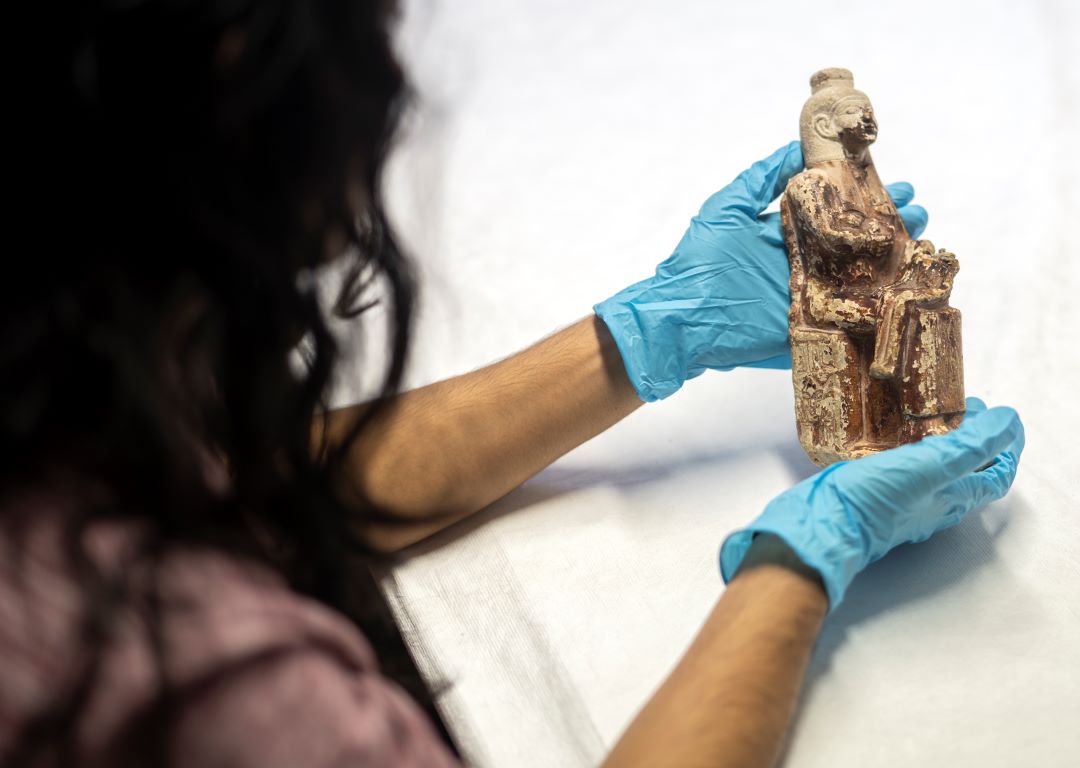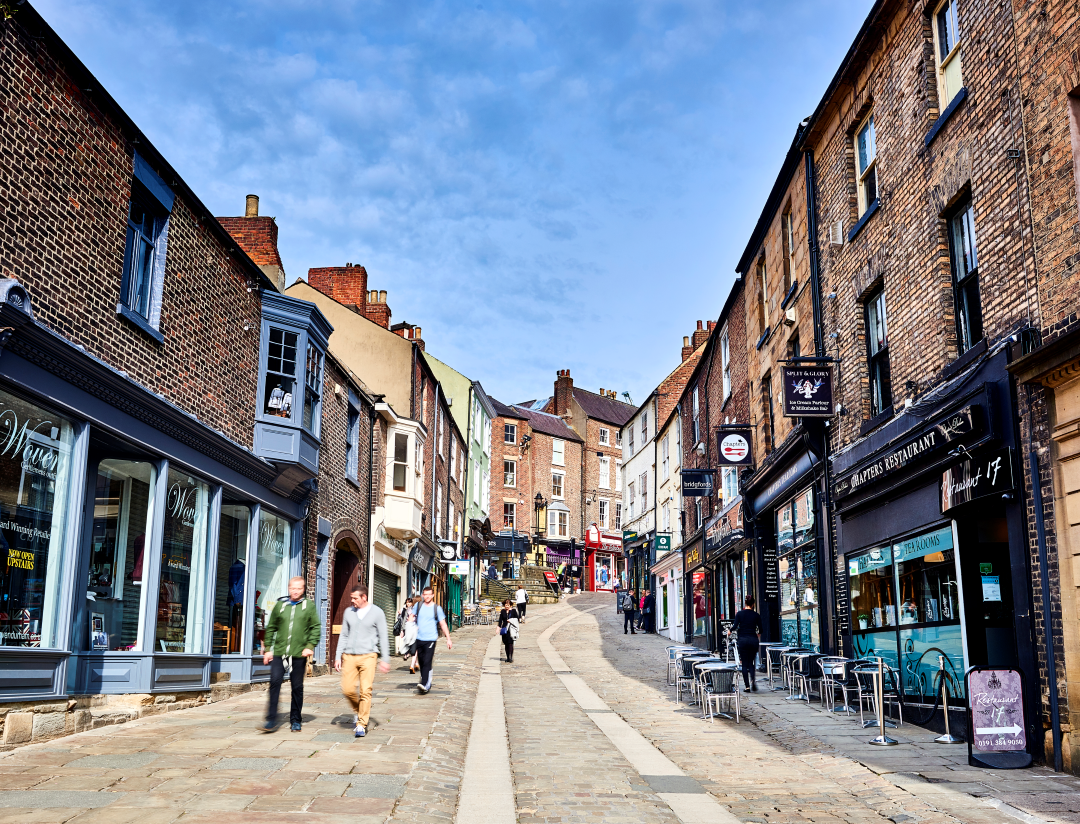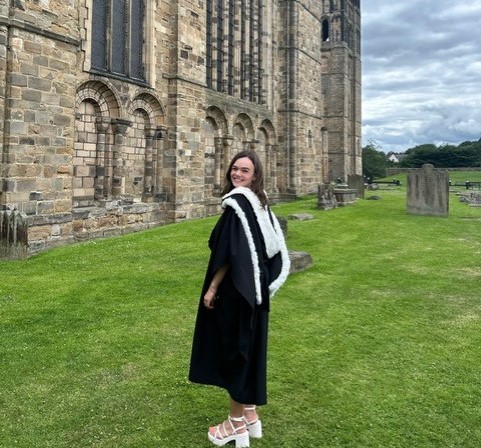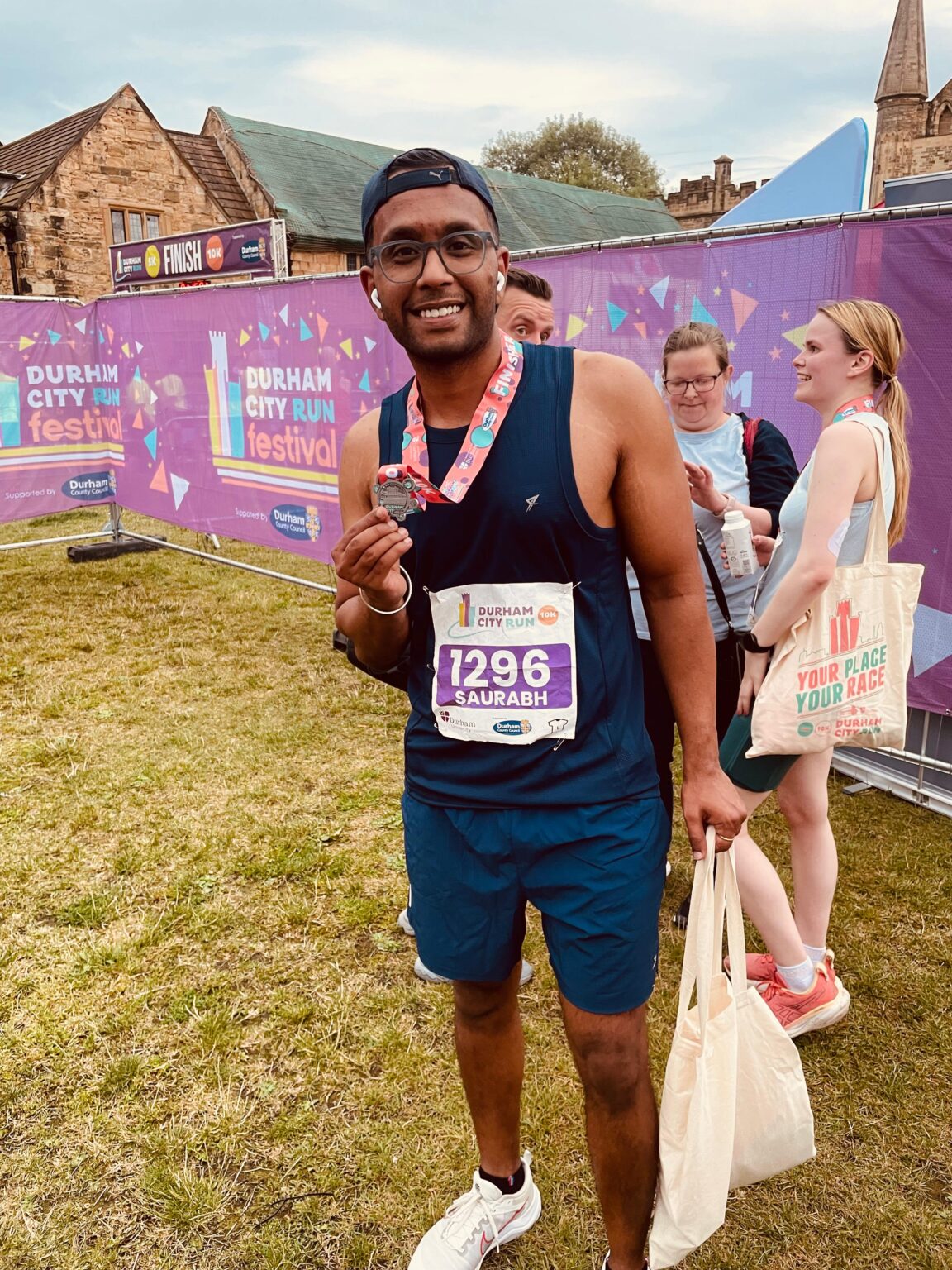Throughout my time studying History here at Durham, I’ve felt privileged to be able to engage with a multitude of vast, intertwining, and – often unassuming – connections centred on exchanges of people, objects, and ideas. In both my BA and MA programmes, I’ve appreciated global historical topics at every turn, whether tracking the nuanced developments of prestigious heraldry across late medieval England, France, and the Low Countries, or uncovering the international contexts of historical events like the Boxer War in late-Qing China. I’ve scrutinised sources on early modern Europe’s ‘Little Ice Age’ and climate change, and I’ve explored the scholarly wilderness surrounding Africa’s wildlife conservation and its problematic nineteenth-century origins.
Stretching my thinking
Both programmes, but especially my MA, have encouraged me to stretch my thinking, connecting topical, historical themes to present-day, fruitful discussions in my seminars and coursework. Weaving together a myriad historical periods, actors and geographies, I’ve tremendously enjoyed studying History at Durham –analysing the origins of phenomena from deadly diseases to Dutch delftware and tracing their subsequent historical journeys from one location to the next.
So, what’s special about studying global history at Durham?
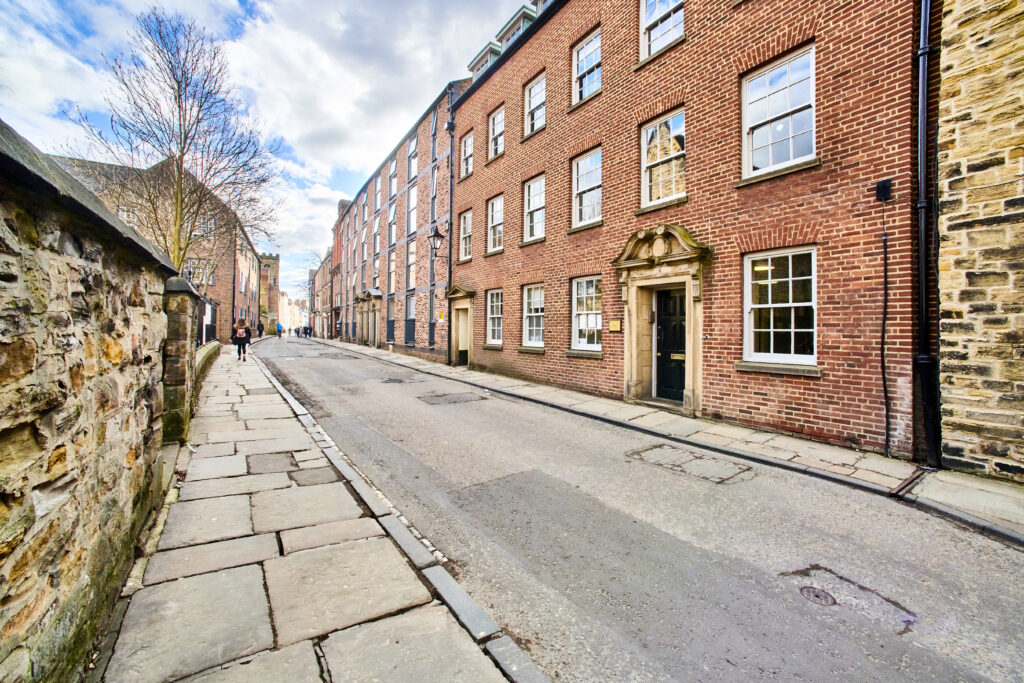
The History Department
The Oriental Museum
Firstly, the Oriental Museum, on the university’s doorstep, has provided me the opportunity to study a wealth of visual and material culture from pith paintings to astronomical apparatus, and other institutions such as the Institute of Medieval and Early Modern Studies have organised fascinating events for history students.
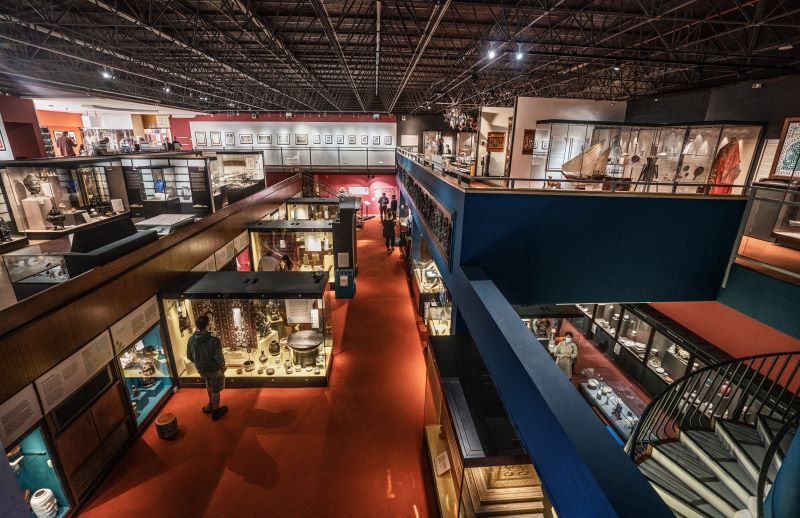
The Oriental Museum
Taking the lead
Moreover, I’ve consistently pushed myself to participate in the teaching and learning of global historical topics, from organising my own group-led seminar discussion of Sam Selvon’s The Lonely Londoners and the Windrush Scandal as part of Durham University’s Decolonising History Initiative in 2022, to assisting in the smooth running of panel discussions on complex circuits of medicines, missionaries, and migrants within the Asian Connections Workshop in my final term.
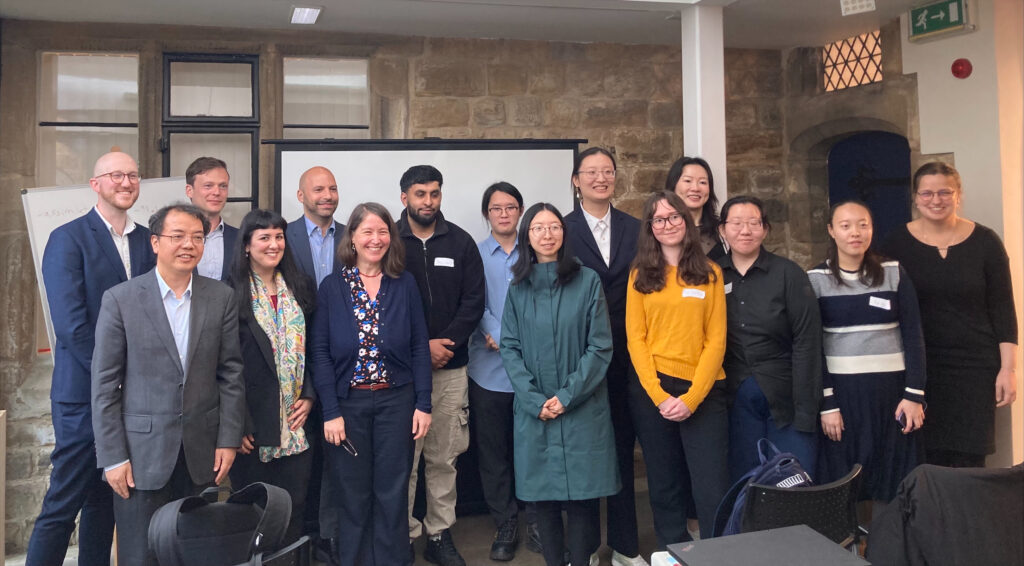
Asian Connections: Flows of People, Medicines, Ideas, and Practices’, a workshop organized by the Durham University ‘Thinking East Asia’ Research Group.
Wide variety of topics and modules to choose from
These many enriching opportunities have been invaluable, supplementing my core learning and skills, and encouraging me to be independent and original in my thought and study. I’ve also always sought to take advantage of the History Department’s excellent teaching and expert insights by selecting an array of global topics, ranging from modules which covered the histories of British-occupied Myanmar and Weimar Germany, to modules which specifically brought separate, fascinating stories of different places and peoples together…
For example, in the final year of my BA, I studied the Mughal Empire and the Qing Dynasty respectively within a single module, Empires and States in Early Modern Asia, which allowed me to discover a variety of state-building techniques from mobile courts to imperial gardens to complex, authoritative genealogies. I developed my analytical skills most strongly through contrasting how Inner Asian legacies, post-Mongol Empire, manifested in India and China, dissecting Asian rulers’ imperial authority, political organisation, and multi-faceted identities. Not only did this allow me to appreciate the histories of both empires, but it enabled me to naturally access wider historical debates, a skill I’ve found indispensable at MA level.
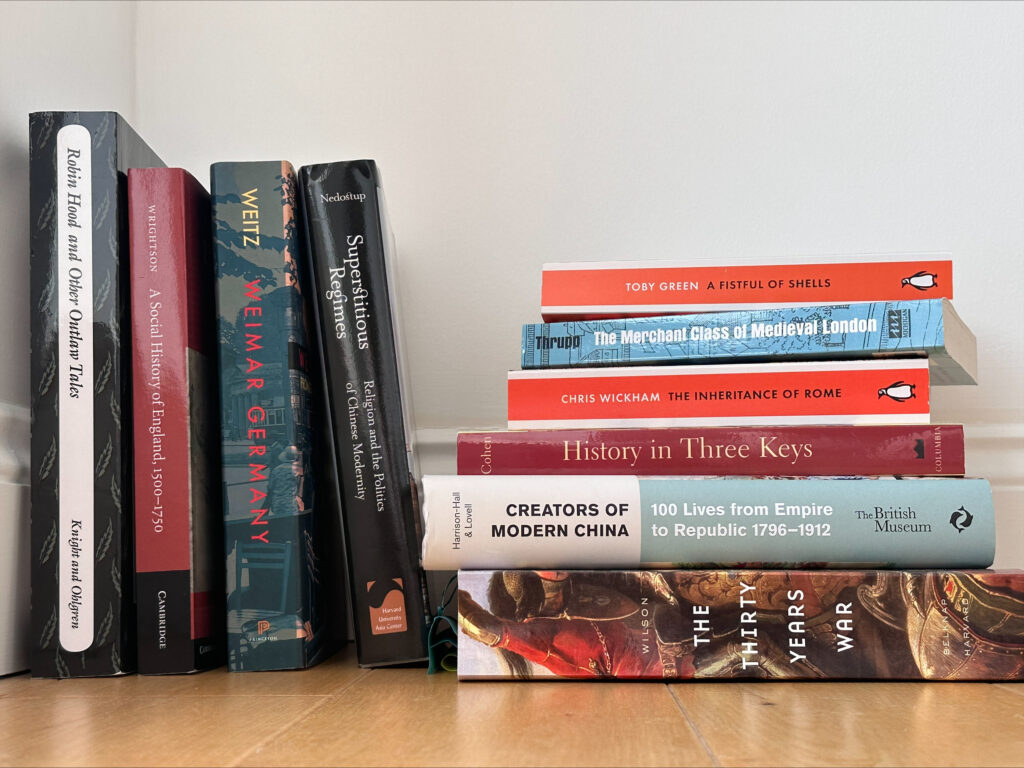
Some of the text books I have used during my studies
Learning more about the world
More recently, The City in History MA module has enabled me to walk the streets of classical Constantinople, late medieval London, early modern Delhi, and colonial Khartoum, drawing comparative points between human experiences within urban history. Placing one construction – the city – in a global framework has likewise enriched my experience of studying different themes such as gender, state ritual, and ideology by evaluating multiple historical viewpoints and intersecting with an array of historiographical, sociological, and anthropological approaches.

Ancient map of Paris
Critical engagement with historical sources
Through studying the MA core module, Themes, Readings and Sources, I was able to further delve into wider historiographical questions such as archives’ nature and purpose for historians from the nineteenth century to present-day, discussing a variety of primary sources such as oral testimonies following the British Empire’s atrocities in Kenya in the 1950s. Adopting a global lens enabled me to analyse European, African, and Asian archives’ own subjective inclusions and omissions, explaining missing subaltern voices and more deeply interrogating why and how historical evidence is recorded. In summary, my History MA – especially looking to my modules with a global perspective – has fuelled and rewarded my critical engagement with all historical sources, schools, and scholars.
I have thoroughly enjoyed studying my History BA and MA here at Durham University and will continue thinking about the connections between global historical themes, events, and perspectives as I move forward into the next chapter of my life.
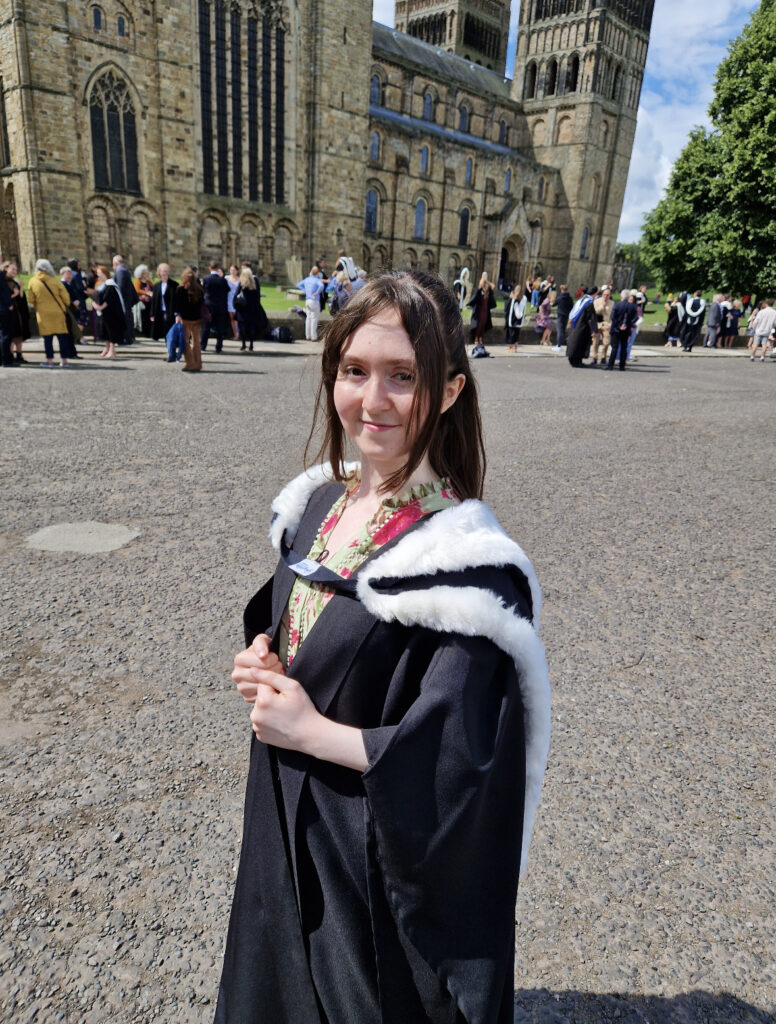
Me at my graduation
Discover more
Create your own personalised prospectus here
Follow our students on Instagram, TikTok and YouTube
Imogen Rose Barrett Mogilany
By the time you’re reading this, I will have completed my MA History course here at Durham. During my time here, I’ve belonged to both St Aidan’s and Josephine Butler’s colleges, both of which have housed lovely, welcoming communities – even if a bit of a trek from the city centre!
Outside of my historical studies, I’m an avid artist and enjoy drawing both digitally and using good old-fashioned pencil and paper, letting the creative juices flow. I love gaming – especially multiplayer with friends – and going for long countryside or riverside walks!


